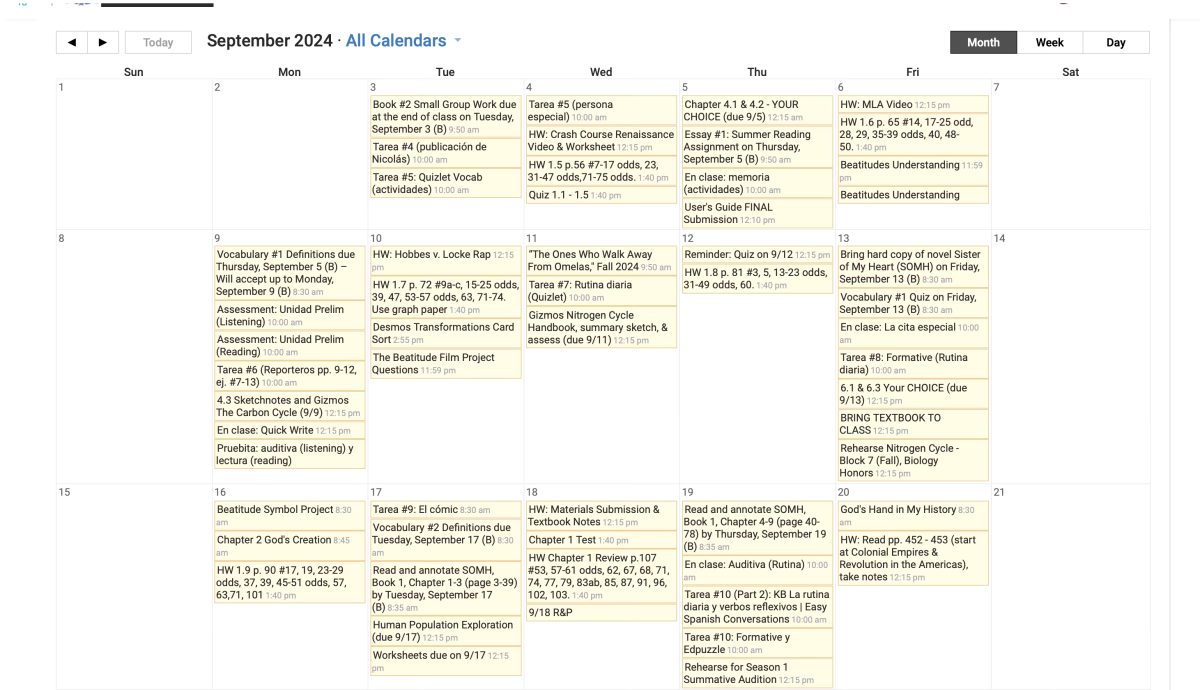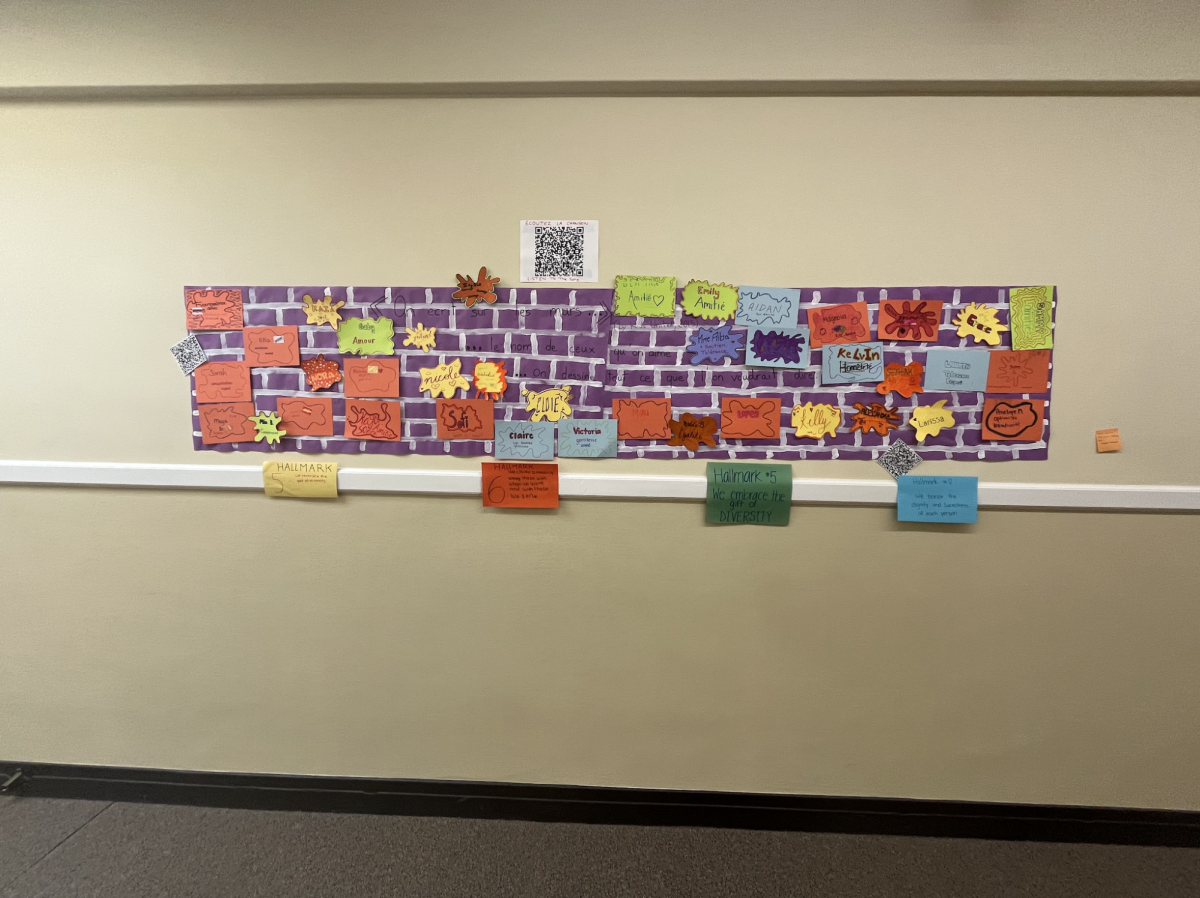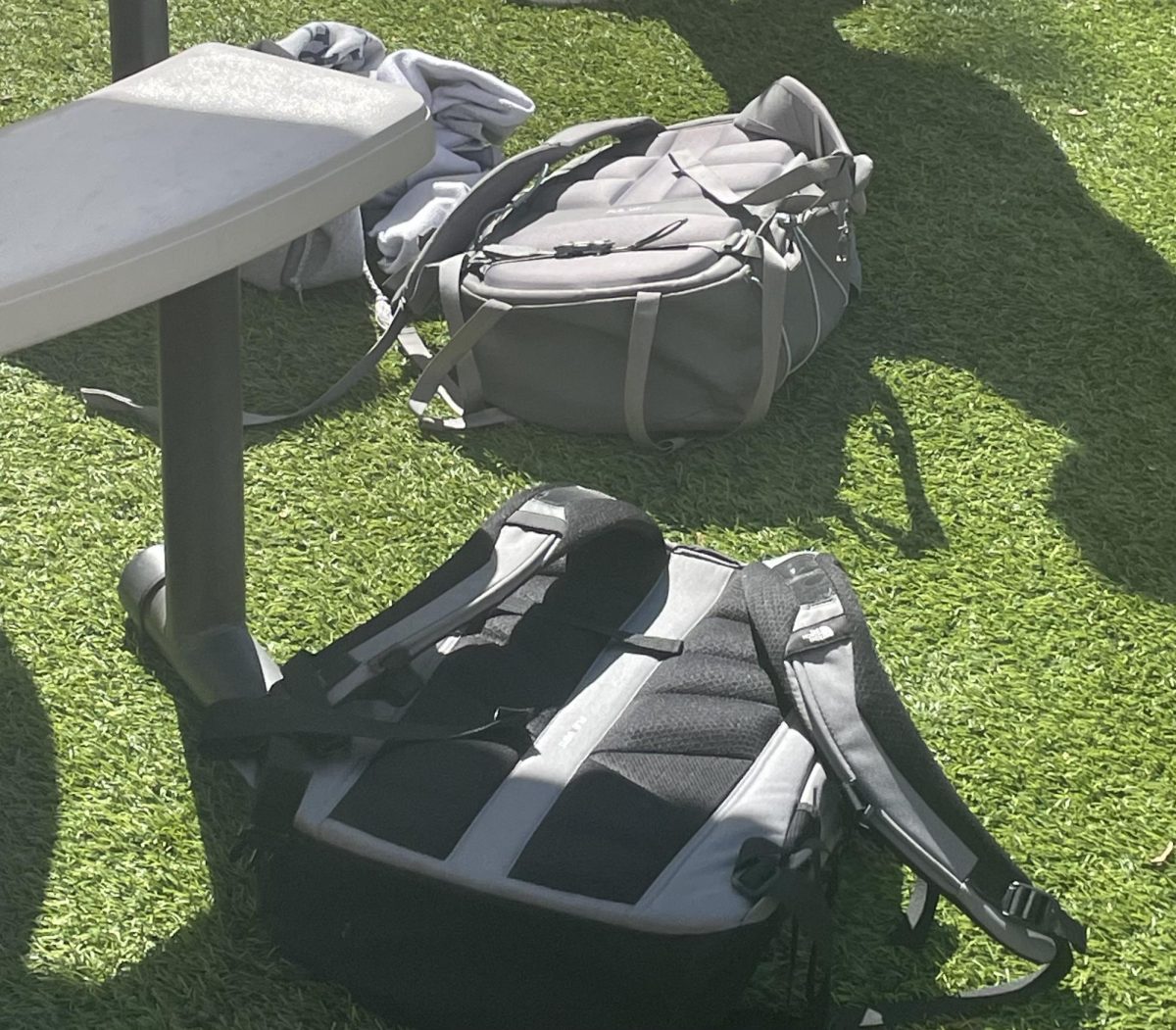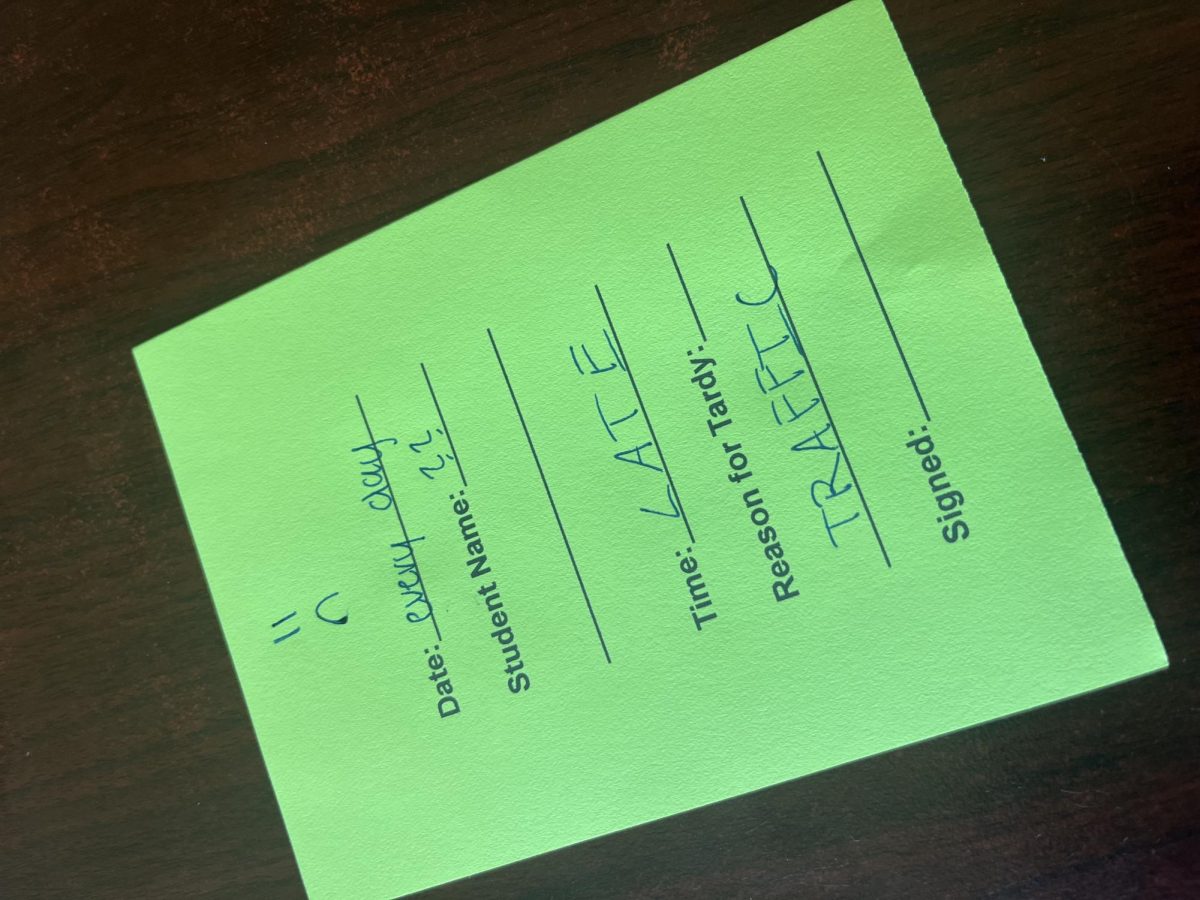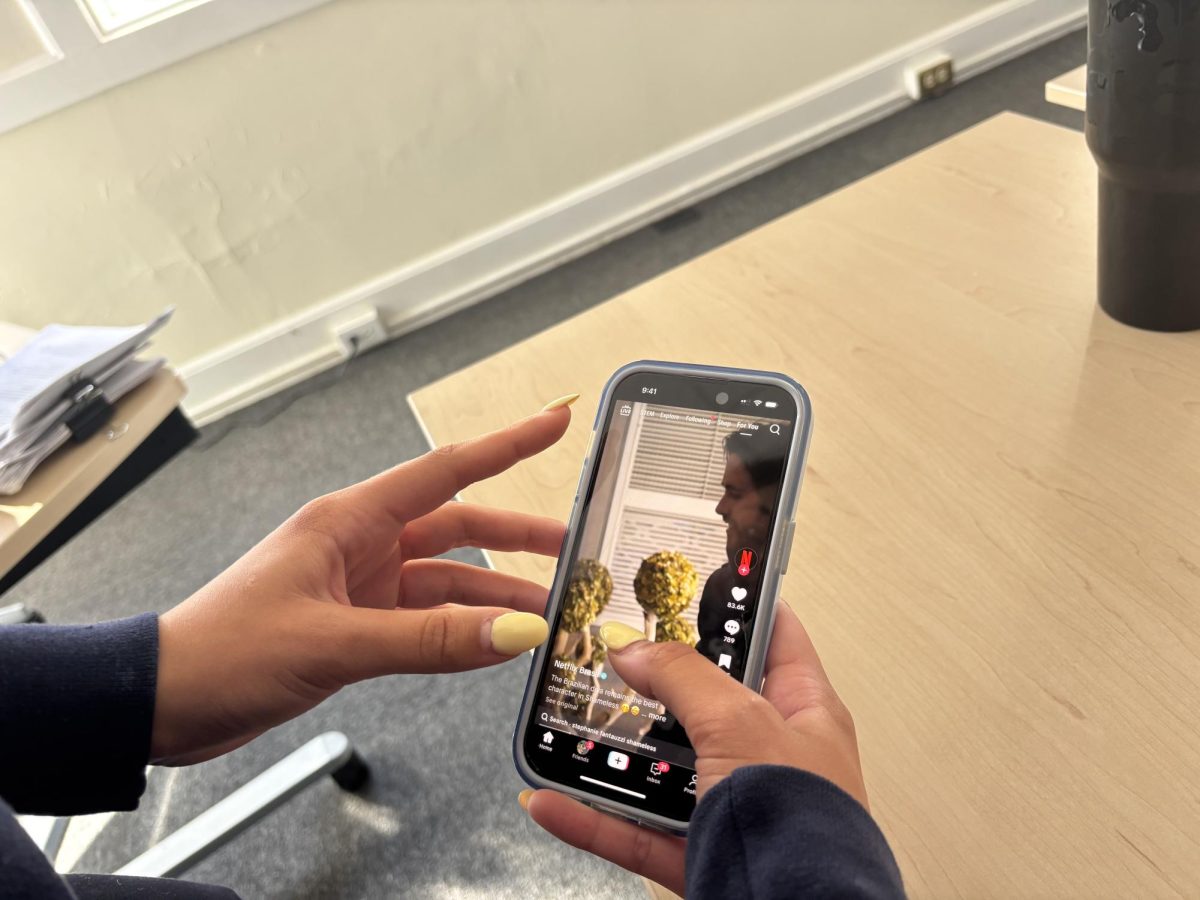Nowadays, time management is a serious problem for teenagers, affecting sleeping time, mental health, and happiness index. According to the CDC Healthy School, Teenagers aged 13 to 18 who reported sleeping less than 8 hours were also considered to not get enough sleep, and about 7 out of 10 (72.7%) of the nation’s sample did not get enough sleep on school nights.
What causes a lack of time after school? Despite homework, sports and extracurricular activities are killing students’ time. Most students at NDB participate in at least one sport.
“I like playing golf, it’s a very fun sport”, states Chantal Handerson, a sophomore at NDB, who plays golf and spends one and a half hours practicing every day. “ It’s good to just get out of school and have fun learning new things. I also really like it because you gotta you get to have friends from not your grade. I’ve learned a lot of things from golf, like mentally, and that’s also helped me.”
Although she says that she spends much more time on homework, she does not regret choosing it. Extracurricular activities are not the main problem causing the lack of time. Handerson claims that she would still waste her time even if she didn’t have sports; she would be on her phone and find other ways to entertain herself. She shares some of her secrets about the way to manage her time.
“Managing my time, I like to have a to-do list which helps me get things done and make sure they’re not late. And I also have a calendar, which helps me get things done a lot. And, yeah, just like staying organized,” Explains Handerson.
With those things, she can have 8 hours of sleep every day from 11 pm to 7 am. It seems that the only way to deal with time management is to be self-disciplined and motivated.
Christina Christenson, a counselor at NDB, has a lot of experience dealing with time management. She has seen various students using various types of tools to help them.
“One strategy that I know is an effective one is using a calendar to block off time for each activity, and also being able to know how much time it takes for you to do an activity so you are not rushing to do everything,” Says Christenson. “Something that’s very important is making sure you have enough time for everything you sign up for, and so that really means you have to be sure that the time it takes to do all the things you sign up for fills into the schedule that you have.”
Christenson suggests that concentration is really important to increase efficiency, and one way to stay focused is to block down the things that can distract you, such as social media and games.
Additionally, doing things according to one’s ability is not possible. If a student signs up for too much work, the anxiety would instead decrease efficiency and waste time. Hence, only signing up for things that you are passionate about and would like to persist through a long time would be a clever choice. Appropriate waivers are necessary as the grade goes up. Christenson also shares her personal ways of managing time.
“For me, if it is not on my calendar, then I forget to do it,” Begins Christenson. “So I put tasks as well as appointments and things on my calendar so I know when I have to do it, and sometimes I just write everything down that’s on my mind on a checklist, and then I use that checklist to figure out, okay, when can I do these things? Because usually the checklist is very long, and so I look at when things are due or what has to take priority.”
Setting things organized is the central idea of Christenson’s suggestion. If you are a visual learner, it is good to keep track of things by writing everything out and putting them in the proper order. Otherwise, you can choose a Pomodoro Timer or any other schedule that works for you.
Time management is a life-long issue, you may find out different ways in different stages. Keeping a positive attitude and always looking ahead, you will find that time is no longer the thing that will trap you, but the thing that will work for you.

